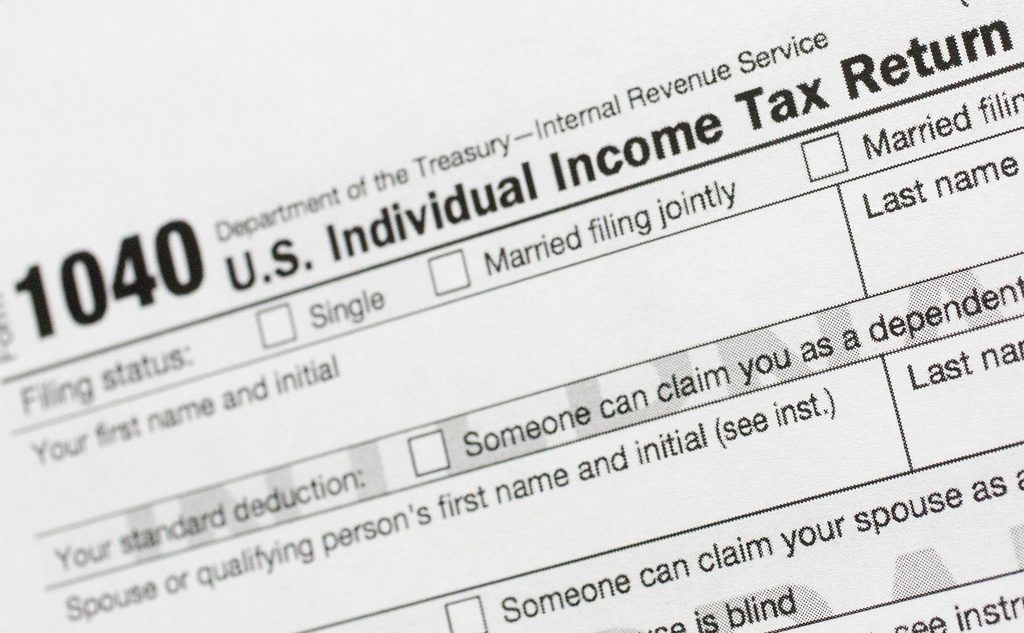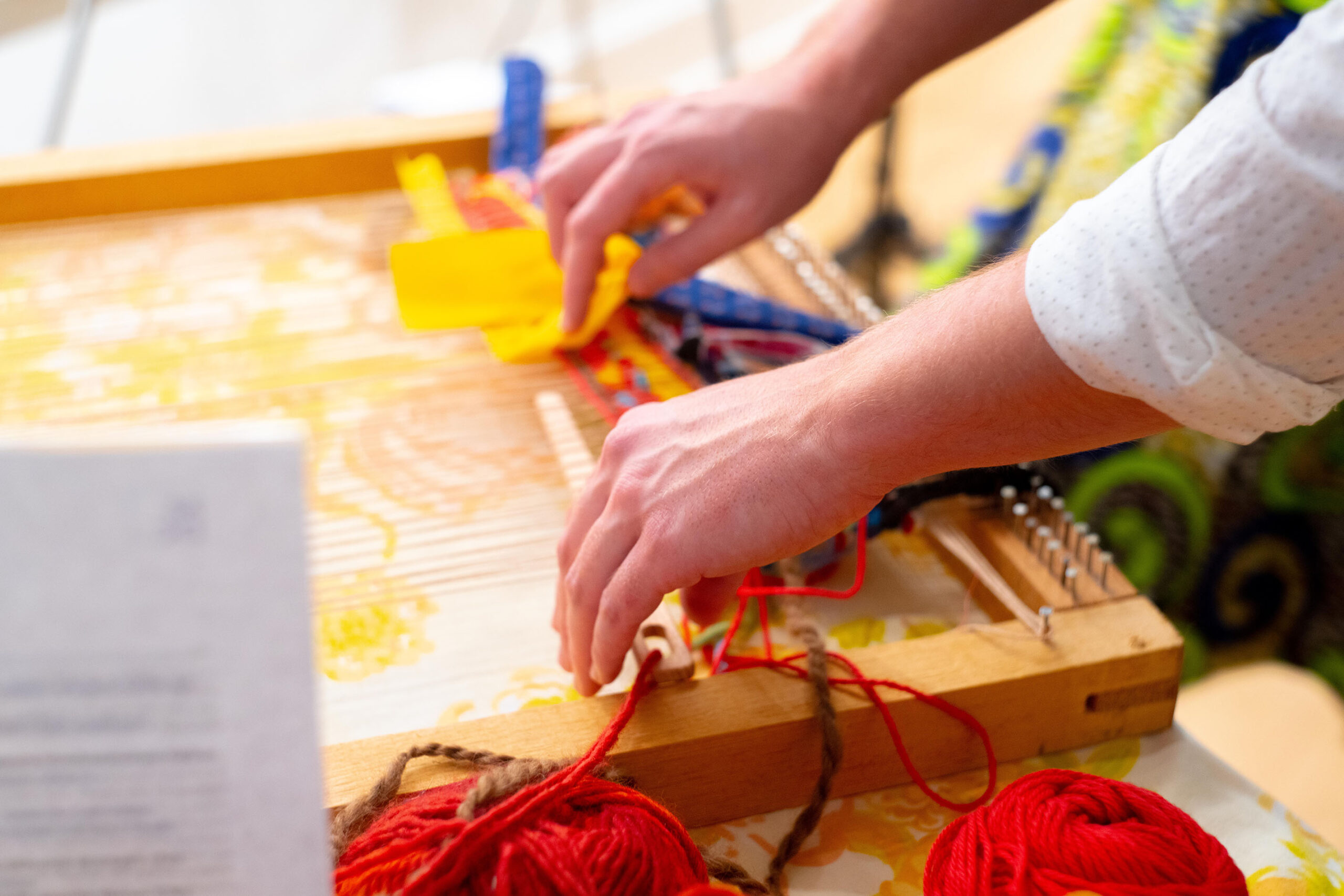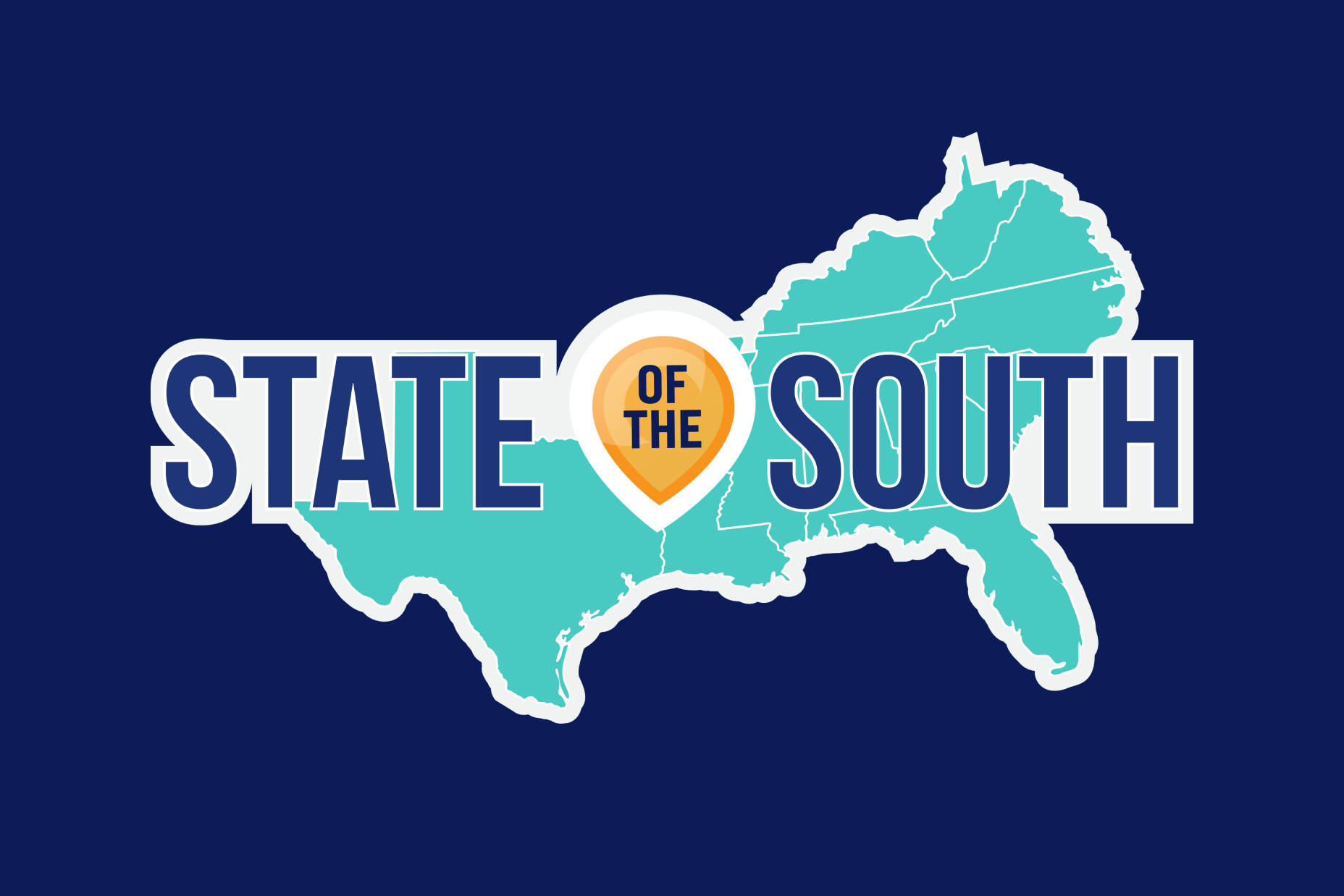We Need Organized Labor’s Help
Jun 25, 2024

On April 19, workers at the Volkswagen factory in Chattanooga, Tennessee voted by a wide margin to join the United Auto Workers—the first unionization at a foreign automaker in the South. “All we’ve heard for years is we can’t win here, you can’t do this in the South,” said UAW president Shawn Fain, “and you can.”
Fain is right: union organizing has not been easy in the South. Every single Southern state has “right to work” laws on the books, which allow workers at union shops to opt out of union membership, undermining the union’s ability to bargain. Many Southern elected officials supplement these laws with anti-union rhetoric. Just days before the UAW election, the governors of Alabama, Georgia, Mississippi, South Carolina, Tennessee, and Texas issued a statement arguing that unions “threaten our jobs and the values we live by.”
Working hard and taking care of our neighbors are core Southern values. So when hard work still does not yield a livable wage, and job insecurity feeds economic insecurity, then we aren’t truly living our values. To live into our values, and to build a thriving South, we need organized labor.
To be clear, unions have had a history of discrimination and exclusion that have made economic mobility less attainable for some, particularly women and people of color. But if the modern democratically-led and racially diverse labor movement expands, all workers stand to benefit—including those who aren’t unionized, since employers have to compete for their labor. Unions give workers a share of the profits they help generate and a voice in the decisions that affect their lives and livelihoods. Entire communities benefit as a result. A 2023 report by the US Treasury’s Office of Economic Policy holds that unionized workforces are safer, more productive, and more reliable. Furthermore, unionized workers are more engaged in their communities and more likely to vote.
Esteemed labor economist Dr. William Spriggs, the late vice-chair of MDC’s Board of Directors, argued throughout his career that the present condition for workers in the South—underpaid, overworked—can only be understood within the context of the South’s longstanding reliance, first on no-wage labor, and now on low-wage labor. As Dr. Spriggs noted in congressional testimony, the National Labor Relations Act of 1935, which helped establish the right to collective bargaining, excluded agricultural and domestic workers from essential labor law protections. This exclusion established a two-tiered system of labor: an upper tier with collective bargaining power and legal protections, and a lower tier without. It was no accident that this lower tier was dominated by Black workers in the South.
These two tiers still exist today. According to Oxfam, seven of the 10 worst states for workers—with low wages, limited protections for working parents, and anti-union policies—are in the South. Not surprising in a region where one in six people live in poverty, and individuals born into poor families are likely to remain just as poor as adults. Meanwhile, some of these same Southern states consistently rank among the 10 “best for business” in the nation.
The South is growing. Large companies are setting up shop. Our cities are in high demand. These are the two tiers of the modern South: an upper tier where businesses and their well-paid professionals thrive, and a lower tier where people are undervalued, underpaid, and locked out of economic opportunity. Even electric vehicles, billed as the high-tech future of American manufacturing, are made possible largely by the low-wage workers throughout the South who build the cars and their components.
Perhaps the business-friendly, incentive-laden nature of the Southern economy is what some Southern governors seek to defend. But pitting businesses against workers is a false choice. It does nothing to build pathways to economic stability and generational wealth. There is no reason why jobs in manufacturing and the skilled trades cannot be a means for joining—and staying in—the middle class. When a state can be among the best for business and among the worst for workers, we should demand something better. We deserve better: a South where businesses—and the hardworking people they employ—have the opportunity to thrive.
Above all else, organized labor fulfills some of our most fundamental values. Work is one way in which we build lives of meaning. Modern workers in the South should enjoy the basic dignity of a job that pays them fairly for their work and promotes their own and their families’ well-being. And, when we dismantle the systemic inequities that have locked Black and brown communities out of prosperity, all workers—regardless of background or ZIP code—can share in the South’s wealth and opportunity. A South for business and workers alike is a thriving South. And the more we value worker contributions, the closer we will get to realizing a land of true opportunity for all.
Read the entire article here.







